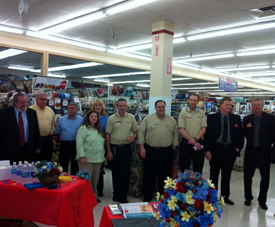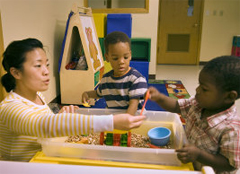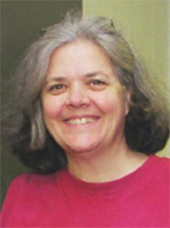Maps may help special kids enjoy the ride
by Rachel Talen
A colleague here at Easter Seals Headquarters came across a post called Maps written by mommy blogger Jessica on her Courage & Coffee blog. I thought it was too cute not to share.
But what do maps have to do with Easter Seals? Turns out Jessica’s son Ethan has autism. He used to get anxious on the 35-minute drive to their local Easter Seals’ summer preschool. She noticed Ethan loved video games and TV shows like Dora the Explorer, where the characters used maps. And so, Jessica created a picture map for Ethan so he could follow along and watch for landmarks — the grocery store, restaurants, and a bridge along the way, with Easter Seals as the final destination. Now longer car rides are fun for both Jessica and Ethan.
You might also want to read about Ethan’s diagnosis on the Courage and Coffee blog. It really helped me picture what trying to get help for a child with autism might actually be like — and I’m sure these were only a few of the hurdles Jessica and her family faced. Their story is another real-life example of why our Make the First Five Count program and other programs here at Easter Seals that raise awareness around early intervention services are so important!








 You know how much I love crafting from my
You know how much I love crafting from my  Last week our local NPR affiliate aired a
Last week our local NPR affiliate aired a  Five years ago I sat on a panel with
Five years ago I sat on a panel with 